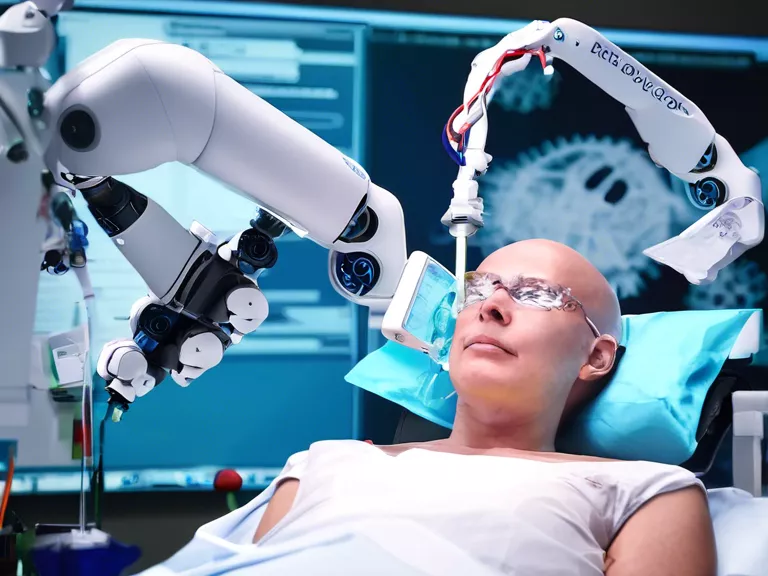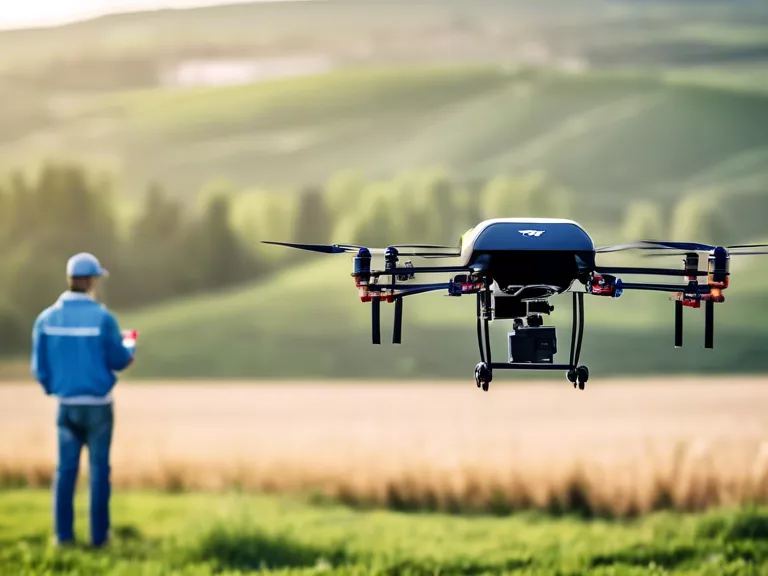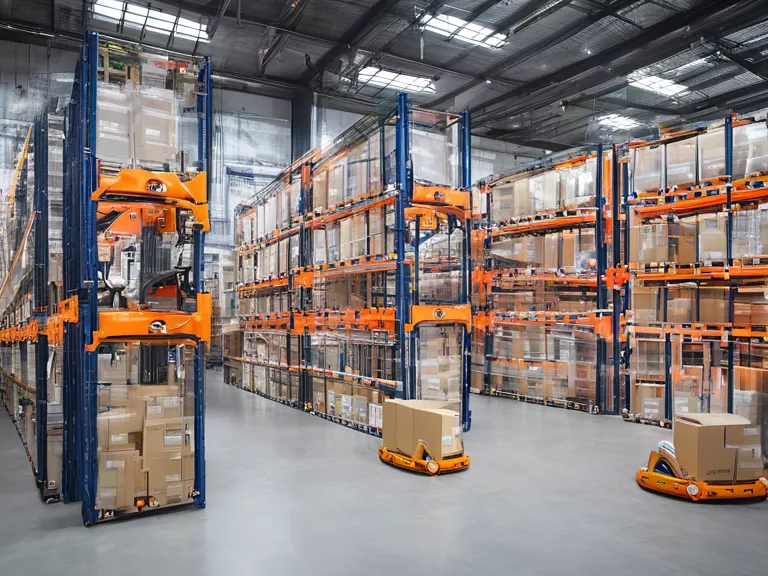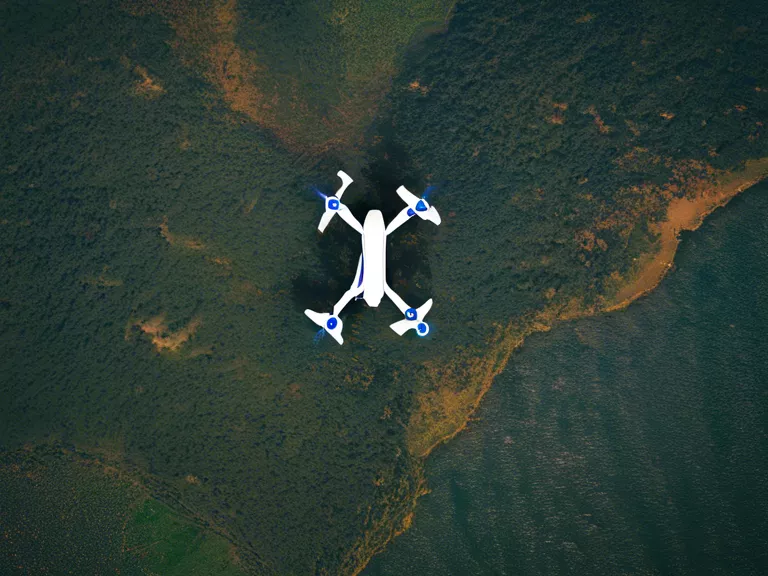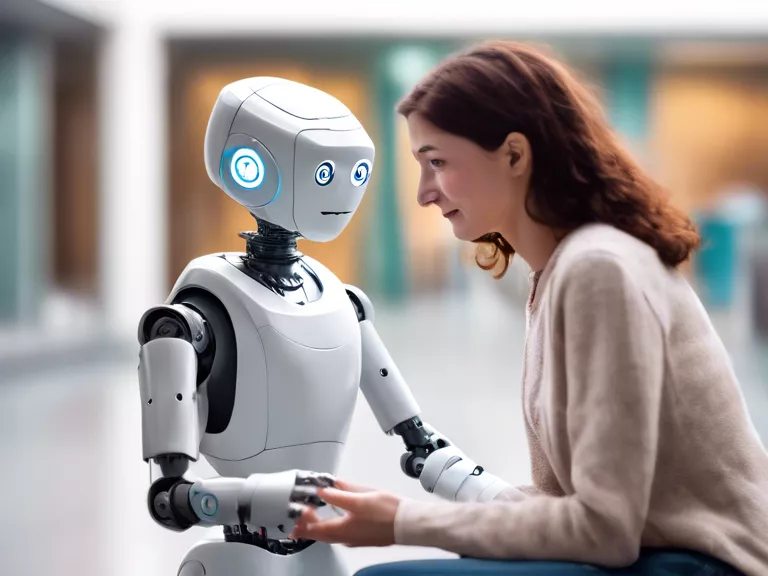
In recent years, the development and integration of robot companions into our daily lives has raised questions about the impact on social interaction and loneliness. Robots designed to act as companions for humans are becoming increasingly sophisticated, often capable of carrying on conversations, providing emotional support, and even performing tasks to assist their human counterparts. While the potential benefits of robot companionship are vast, there are also concerns about the implications for social relationships and emotional well-being.
One of the main ways in which robot companions can influence social interaction is by providing a sense of companionship and reducing feelings of loneliness. For individuals who may be isolated or have limited social networks, robots can offer a source of interaction and emotional support. This can be especially beneficial for older adults who may be living alone or in assisted living facilities, as robot companions can provide companionship and assistance with daily tasks.
However, there are also concerns about the impact of robot companions on human relationships. Some worry that relying on robots for companionship may lead to a decline in face-to-face interactions with other humans, which are crucial for building and maintaining social connections. Additionally, there is the potential for robot companions to replace human caregivers or companions, which could have negative implications for the emotional well-being of individuals who rely on these relationships for support.
In terms of loneliness, the impact of robot companions is complex. While some studies have shown that interaction with robots can reduce feelings of loneliness and improve emotional well-being, others have found that relying on robots for companionship can actually increase feelings of isolation and disconnect from others. The key seems to lie in finding a balance between human and robot companionship, ensuring that robots enhance rather than replace human relationships.
In conclusion, the rise of robot companions has significant implications for social interaction and loneliness. While these technologies have the potential to provide much-needed companionship and support, it is important to consider the potential drawbacks and ensure that human relationships remain at the forefront. Finding a balance between human and robot companionship is key to harnessing the benefits of these technologies while minimizing the potential negative impacts.
